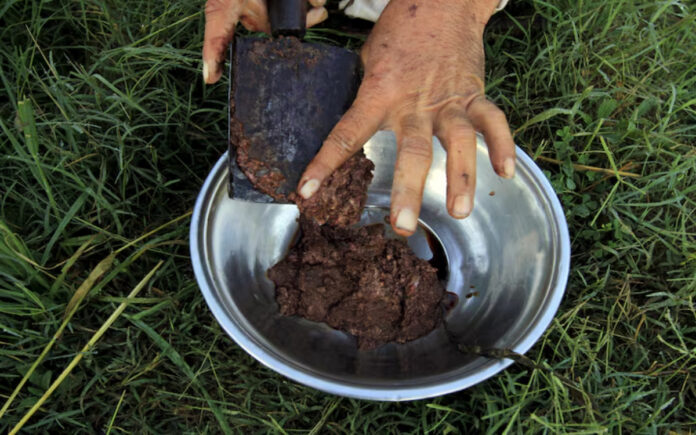Kabul: The Afghan Taliban declared on Tuesday that they had quashed demonstrations in a northern province protesting security forces’ efforts to eradicate opium poppy cultivation, a crucial income source for many impoverished farmers.
Zabihullah Mujahid, Taliban spokesperson, conveyed through a WhatsApp message that Taliban authorities were conducting meetings in Badakhshan following several days of protests, which resulted in two fatalities.
In a separate statement, Mujahid announced that a delegation from Kabul, led by the defense chief of staff, would be dispatched to Badakhshan this week to investigate the unrest. This marks a rare official acknowledgment of civil disturbance since the Taliban regained power in 2021. Despite their return, the Taliban have vowed to reinstate control over the entire war-torn nation and have occasionally dispersed protests, particularly those opposing restrictions on women’s education and employment.
“The Badakhshan issue can be resolved,” Mujahid asserted. “Two of our compatriots lost their lives during the clashes, and their rights will be respected,” he added, promising discussions with the victims’ families regarding compensation.
International research firm Alcis, based on satellite data from last year, reported a significant reduction in opium production across most provinces between 2022 and 2023, often exceeding 90%. However, Badakhshan witnessed an expansion in the land devoted to poppy cultivation.
Mujahid did not provide details on the circumstances of the deaths. According to local broadcaster Tolo, the fatalities occurred as protests escalated into violence, prompting security forces to open fire late last week.
Zabihullah Amiri, head of the Taliban-administered provincial government’s media department, confirmed that an official delegation had traveled to the affected districts to engage with the populace, asserting that the areas were now “under control.” He stated, “They acknowledged the legitimate demands of the people. Currently, there are no issues in Argo and Darayim districts. The people and the area are under the supervision of security forces, and the latest update indicates that the locals have pledged to collaborate with security forces to eradicate poppy cultivation.”
The Taliban seized power in 2021 following the withdrawal of US and allied troops after a two-decade war initiated in the aftermath of the September 11, 2001, attacks. In 2022, the Taliban’s supreme spiritual leader mandated a ban on narcotics cultivation in Afghanistan, the world’s leading opium producer at the time. However, many Afghan landowners and laborers rely on opium poppy cultivation for sustenance, particularly in the Taliban’s traditional stronghold in the south.
Badakhshan, which shares borders with Tajikistan and China, presents a strategic opportunity for the Taliban to bolster economic ties. Despite promises to govern in the interest of all Afghans, ethnic tensions persist due to the predominantly Tajik population in the province, contrasting with the primarily Pashtun ethnic composition of the Taliban leadership.



